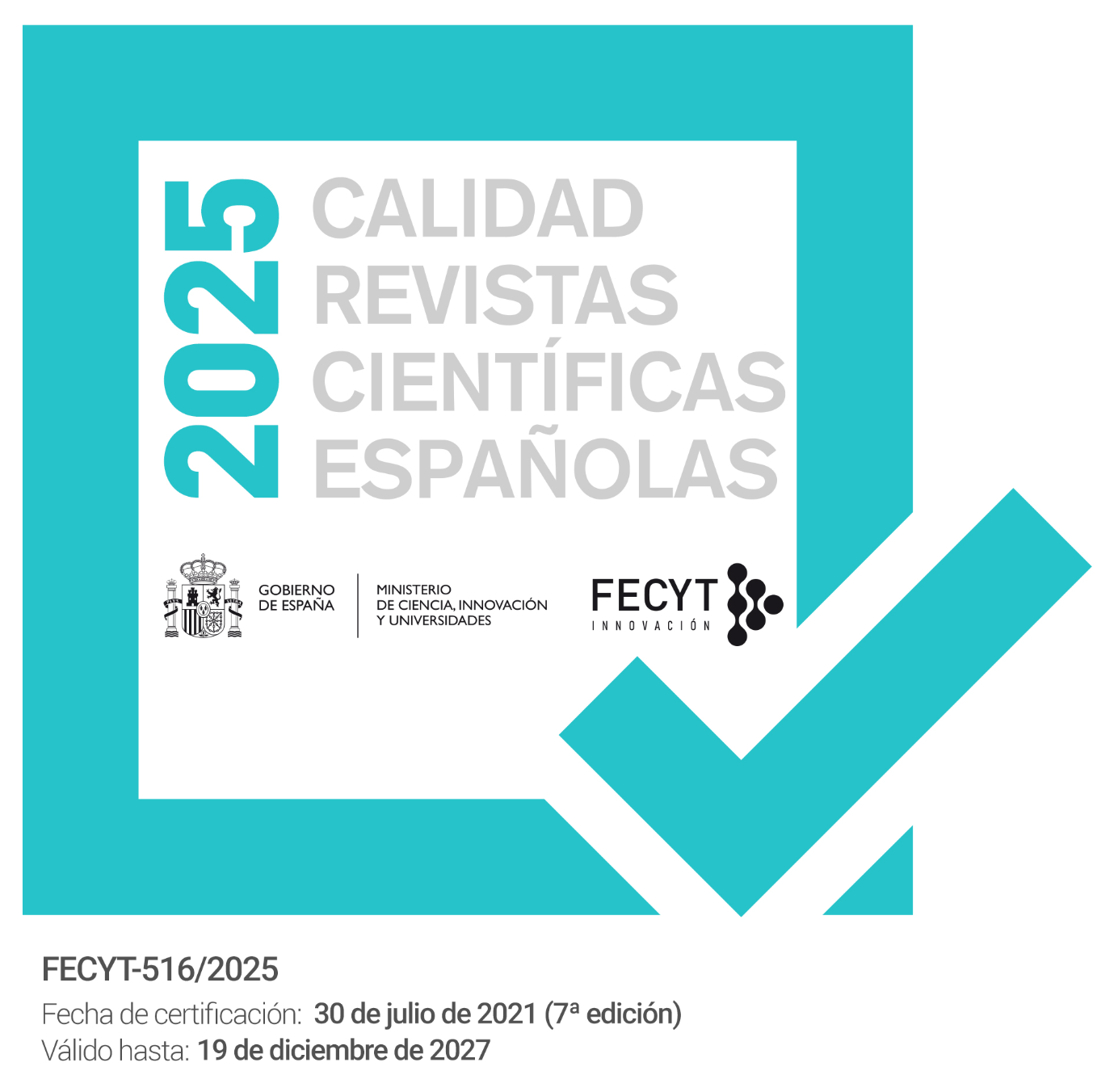NOTAS SOBRE LA HISTORIA DE LA VOZ ÁTOMO
Resumen
La voz átomo tiene una larga historia, ya que fue acuñada en griego por Demócrito para denominar las partículas indivisibles que formaban la materia, del griego pasó al latín, y del latín al castellano. Pero la historia de la palabra es más interesante de lo que indica este periplo. En efecto, la palabra no expresa hoy lo que representa su etimología. Su evolución histórica es más compleja de lo que puede parecer, ya que su naturaleza como término científico ha transformado su significado, y a lo largo de su historia, ha dejado en el camino significados que ya no tienen uso. En este estudio se realiza una pormenorizada descripción de la historia de la voz átomo desde sus orígenes en castellano hasta el siglo XX. Para ello, se toma como referencia los textos más antiguos, con el apoyo del Corpus Diacrónico del Español (CORDE), y se contrasta esta información con los diccionarios más importantes de la historia de la lexicografía. También se tienen en cuenta los diccionarios históricos de otras lenguas, y otros textos ajenos al CORDE, cuando las limitaciones de este corpus así lo aconsejan. También resultan de gran apoyo los conocimientos que los historiadores de la ciencia proporcionan. El resultado es un análisis de la historia de átomo que pretende ser útil para la lexicografía histórica.Descargas
-
Resumen28816
-
PDF2332
Las obras que se publican en esta revista están sujetas a los siguientes términos:
1. El Servicio de Publicaciones de la Universidad de Murcia (la editorial) conserva los derechos patrimoniales (copyright) de las obras publicadas, y favorece y permite la reutilización de las mismas bajo la licencia de uso indicada en el punto 2.
2. Las obras se publican en la edición electrónica de la revista bajo una licencia Creative Commons Reconocimiento-NoComercial-SinObrasDerivadas 4.0 (texto legal). Se pueden copiar, usar, difundir, transmitir y exponer públicamente, siempre que: i) se cite la autoría y la fuente original de su publicación (revista, editorial y URL de la obra); ii) no se usen para fines comerciales; iii) se mencione la existencia y especificaciones de esta licencia de uso.
3. Condiciones de auto-archivo. Se permite y se anima a los autores a difundir electrónicamente las versiones pre-print (versión antes de ser evaluada) y/o post-print (versión evaluada y aceptada para su publicación) de sus obras antes de su publicación, ya que favorece su circulación y difusión más temprana y con ello un posible aumento en su citación y alcance entre la comunidad académica. Dulcinea: verde. OPF.









